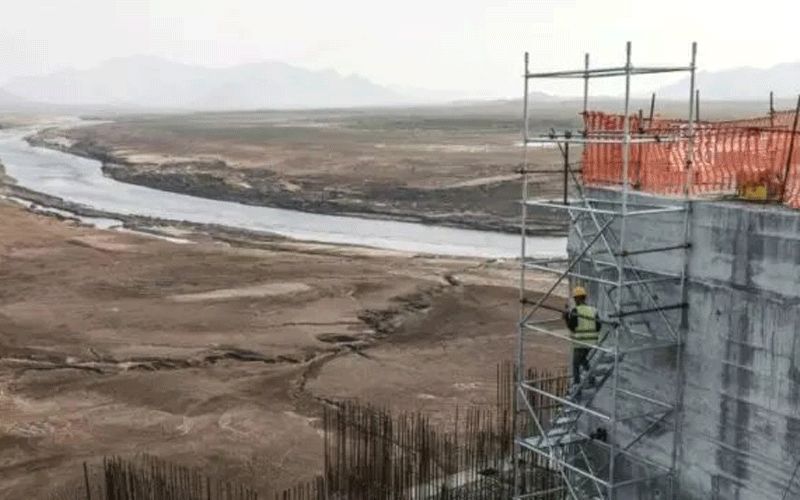Addis Ababa, 17 August, 2020 / 11:04 pm (ACI Africa).
Pope Francis has expressed his awareness of the conflict over the Nile Dam project, which he follows “with particular attention” and called for dialogue between the three African nations involved.
In the Saturday, August 15 message after the Angelus prayer at the Vatican, the Holy Father asks the leadership of Ethiopia, Egypt and Sudan to “continue on the path of dialogue” in view of resolving differences arising from the ongoing construction of the Grand Ethiopian Renaissance Dam (GERD) on the Blue River Nile amicably.
“I am following with particular attention the situation of the difficult negotiations regarding the Nile between Egypt, Ethiopia and Sudan,” Pope Francis said.
He added, “I invite all parties to continue on the path of dialogue so that the Eternal River might continue to be a source of life that unites, not divides, that always nourishes friendship, prosperity, fraternity, and never enmity, misunderstanding or conflict.”
Located in Western Ethiopia, the US$4billion GERD project has been considered one of the world’s most controversial dam projects due to the protracted international dispute it has triggered between the three African countries over the sharing of the waters of the Blue Nile River.








